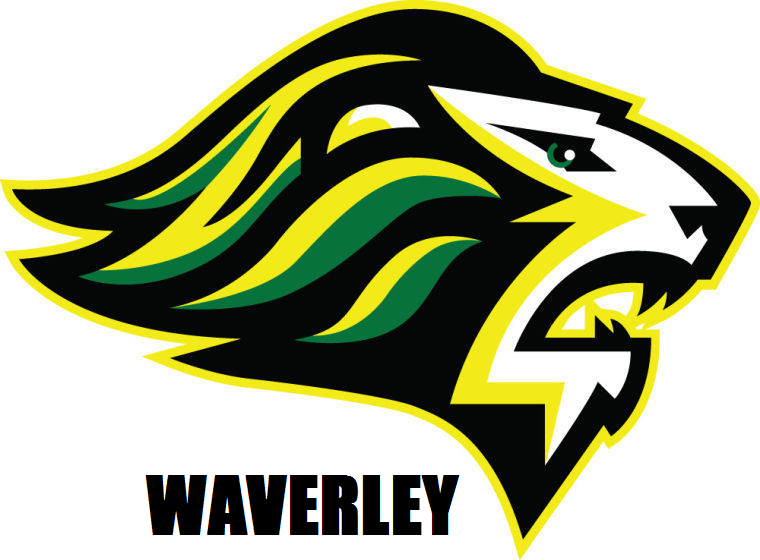Conditions for Use of Computer: Networks and Internet
The Internet is a dynamic, educational resource which dramatically expands the classroom by delivering current information, data and images from around the world. The Internet offers unique opportunities to educate, inform and communicate. Students and staff using the resources of the Internet will develop the ability to access, analyse, evaluate and manage information essential skill in today’s rapidly changing society.
We believe that the valuable information and interaction available to users through the resources of the Internet far outweigh the possibility that users may access material that may be inappropriate and inconsistent with school and community values. While teachers will monitor the use of computers by students, ultimately, it is the responsibility of the student to guard against unacceptable information.
Copies of the complete Upper Grand District School Board Acceptable Use Policy for Computer Network and Internet Use, which includes the information summarized below, are available in the school office. School administrators will deem what is inappropriate use and their decision is final. Failure to observe these guidelines will result in loss of computer privileges and/or other procedures.
User Responsibilities
Each user will comply with the following conditions:
using email and Internet access in support of education and research, and in a manner consistent with the educational beliefs and objectives of the school and Board
accepting full responsibility for his/her own exploration of the Internet
respecting the privacy of others
adhering to school standards of courtesy and behaviour
promptly reporting to staff any inappropriate email or Internet data
Unacceptable Practices
accessing or distributing inappropriate material
using the network for any unauthorized, illegal, inappropriate or obscene purposes
using the network for financial gain or commercial activity
plagiarizing or violating copyright
violating network security
accessing, vandalizing, damaging or disabling the property of another user
engaging in any form of harassment on the network
allowing others the access to personal passwords or accounts
re-posting or forwarding personal communications without the approval of the author
